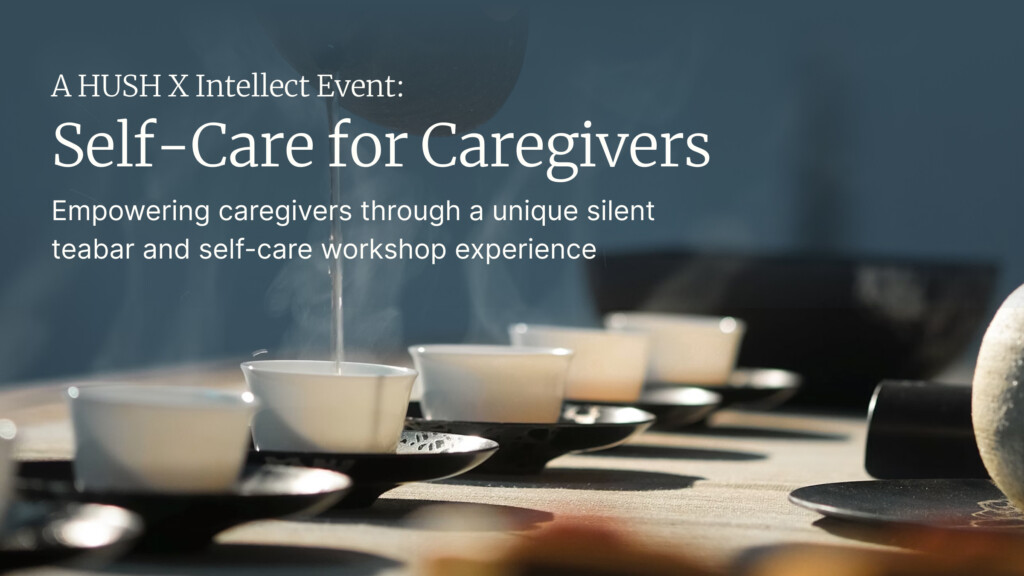The words “toxic workplace culture” are being tossed around these days, especially by disgruntled employees on Glassdoor reviews. But, before companies write negative feedback off as a matter of culture fit, it pays to take a closer look at practices within the workplace. In reality, even well-meaning managers and HR professionals can miss the signs. These, when left unchecked, have real consequences. For starters, a third of employees have considered quitting their job due to a “toxic work culture”.
According to Oliver Suendermann, the Clinical Director of Intellect, the top three signs of a toxic workplace are low morale, fear of management and high turnover. Others include:
- Gossip, backstabbing and cliques
- Lack of communication and clarity
- Discrimination
- Unethical behaviour
- A lack of work-life balance
The costs of a toxic workplace culture
Turnover and training

“People quit bosses, not jobs.”
High turnover is one of the most evident signs of toxic workplace culture. In fact, according to this survey, 63% of employees under “bad” management have contemplated leaving their company within the year.
This has startling consequences for the company and folks left behind. According to analysts, losing an employee costs about 6-9 months of their salary at the time. In facilitating departures, companies incur costs through exit processes and recruitment efforts to replace vacant positions. The expense of re-training new joiners, combined with lowered productivity during probation, also adds up. On top of that, the learned experience of a leaving employee, when not handed over effectively, may well be “lost to a void”.
High turnover also has a ripple effect. When an employee leaves, other individuals experience an increased workload until their replacement is found. This makes it easier for the rest to focus on the negative aspects of work. In cases where the leaving employee is a key figure, like a manager, or shares close relationships with other team members, the latter may contemplate leaving too.
Productivity and burnout
Even if there’s no resignation letter in sight, a toxic workplace culture can be equally damaging.
When psychological safety and transparency are absent, unhelpful behaviours such as gossiping, backstabbing and forming exclusive cliques fester. Instead of doing actual work, employees expend most of their energy maneuvering politics and navigating power dynamics. To safeguard their foothold, some individuals may even withhold valuable information for their gain. This curtails innovation, which only arises when people collaborate, and costs businesses opportunities for growth.

Without trust, employees have little support from one another and burn out more easily. According to Intellect’s Workplace Health Survey 2021, 84% of APAC respondents reported exhaustion, and 88% reported being disengaged at work. These culminate in absenteeism or presenteeism, where employees show up without being productive.
But let’s talk dollars and cents again. For employers, the annual cost of absenteeism per employee is estimated to be US$3,400 to US$6,300; while that of presenteeism works is somewhere between US$4,300 and US$7,200. Absenteeism will cost up to S$3.3 billion by 2030, as projected by Mercer; while presenteeism can cost a company up to S$12.1 billion, according to Duke-NUS Medical School.
Employer branding
Consequences can spill beyond 9-5. Studies have shown that insomnia, a symptom of depression, is directly correlated with workplace toxicity. In the long run, high levels of stress can lead to mental and physical conditions. The irony? Toxic workplaces rarely prioritise mental health. It’s a vicious cycle. Suendermann explains they could even hold unhelpful beliefs that employees just need to toughen up, increasing their resistance to professional help.
These companies also face another risk: employer branding. TalentLMS and BambooHR surveyed over 1,205 Gen Zs in the United States and found that 82% of them deem mental health days important, and half want mental health training. Do the expectations of Gen-Z differ from millennials? Not really. Studies have shown that over 50% of 18-34-year-olds will look for alternative employment if their employers do not prioritise mental health. According to Suendermann, companies that publicly share their mental health wellbeing solution may become more attractive to talents.
Addressing a toxic workplace culture

The first step is acknowledging the problem. Whether you’re a company founder, team leader, or HR manager, don’t let the scope of change intimidate you. Instead, try to put a finger on problematic aspects. Is hustle culture prevalent? Is the blame game an automatic response? Do your managers command respect or fear? Knowing what you’re up against either through keen observation or anonymous surveys.
Finally, ask for help. The responsibility of transforming a toxic workplace culture needn’t fall squarely on you alone. If you’re stuck, reach out to external providers with expertise in mental healthcare. Investing in them as a tangible employee benefit also shows that the company’s commitment to mental health goes beyond lip service.
Intellect—a modern mental healthcare solution
Intellect, for instance, provides organisations with a comprehensive suite of evidence-based mental wellbeing support. It’s a proactive and cost-effective solution that allows employees to access self-improvement programs and sessions with coaches, counsellors, and therapists.
“The ad-hoc nature of digital tools in coaching or therapy can support 1:1 therapy, as many changes often occur between sessions,” explained Suendermann. Intellect’s ROI is estimated at a 5-12x multiplier, with employee wellbeing translating to higher morale, productivity, and resilience. Learn how it works here.





